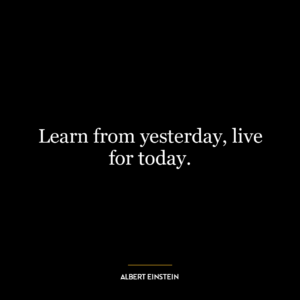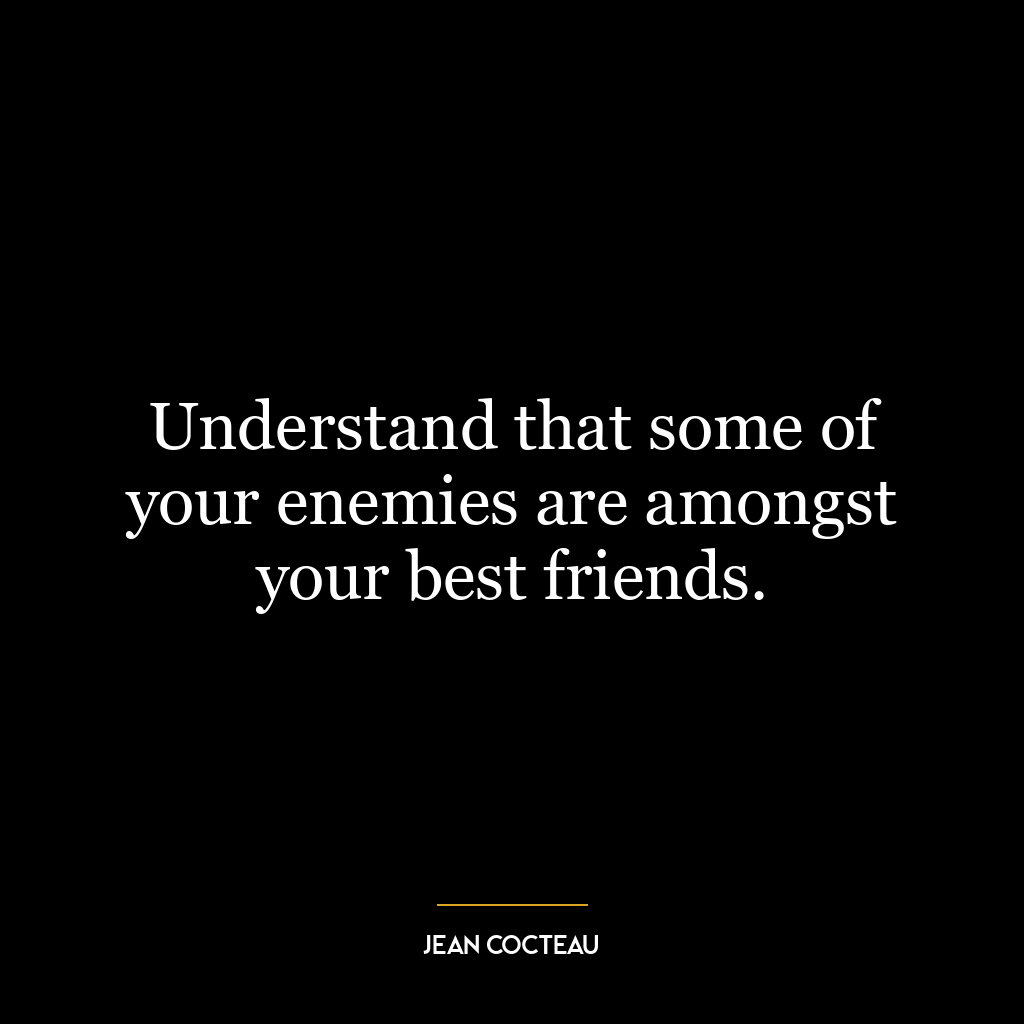“Any fool can know. The point is to understand,” is a powerful statement that emphasizes the difference between simply knowing something and truly understanding it. To know something is to be aware of it or to have learned it. However, understanding goes a step further. It involves comprehending the meaning, significance, or cause-and-effect of that knowledge. It’s the difference between memorizing facts or data and being able to analyze, interpret, and apply that information in various contexts.
For example, anyone can know that the Earth revolves around the Sun, but understanding this involves grasping the concepts of gravity, orbital paths, and the solar system’s structure. Similarly, knowing a language isn’t just about memorizing words and grammar rules, but understanding the nuances, cultural context, and effective communication.
In today’s world, this quote is particularly relevant due to the overflow of information from the internet and social media. We have access to more knowledge than ever before, but this doesn’t necessarily mean we understand it all. It’s easy to read a headline or a social media post and believe we ‘know’ about a topic. But to truly understand, we need to delve deeper, question, analyze, and reflect on the information.
In terms of personal development, this quote can be a guiding principle. It encourages us to strive not just for knowledge acquisition but for a deeper understanding. This could mean taking the time to reflect on our experiences and learn from them, rather than rushing from one thing to the next. It could also mean seeking to understand other people’s perspectives and experiences, rather than making snap judgments.
Ultimately, the quote underscores the importance of critical thinking and the pursuit of wisdom over superficial knowledge. It challenges us to go beyond merely knowing and to strive for a deeper, more meaningful understanding of the world around us.










